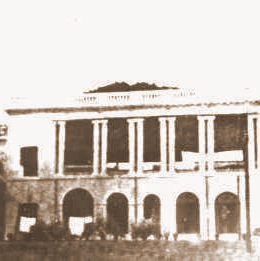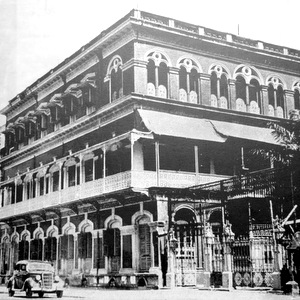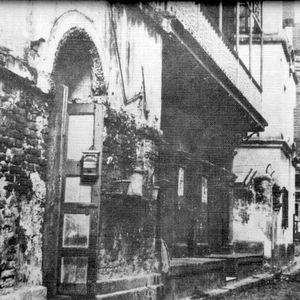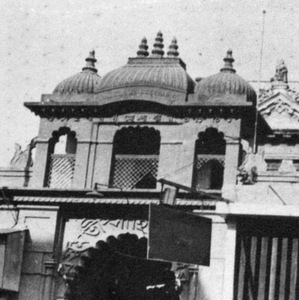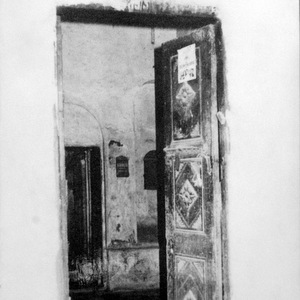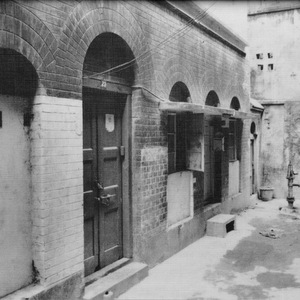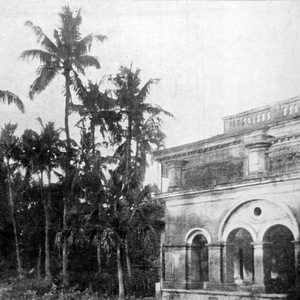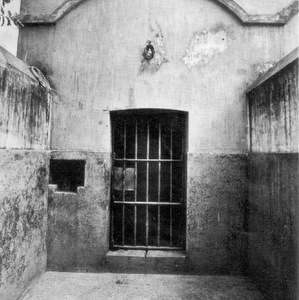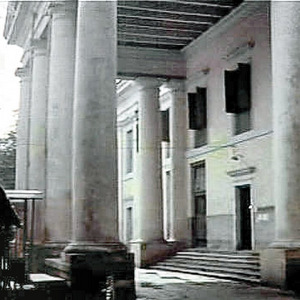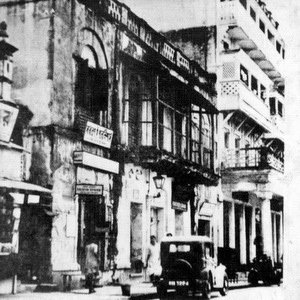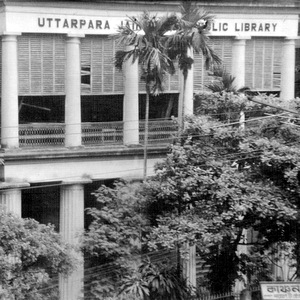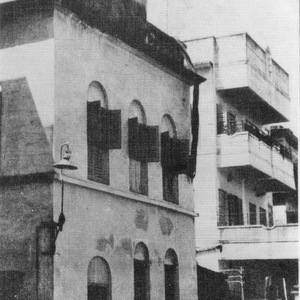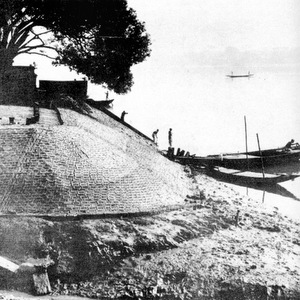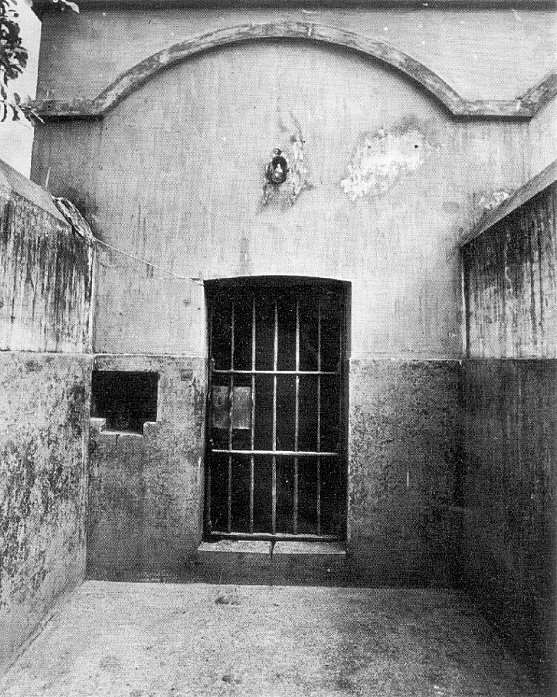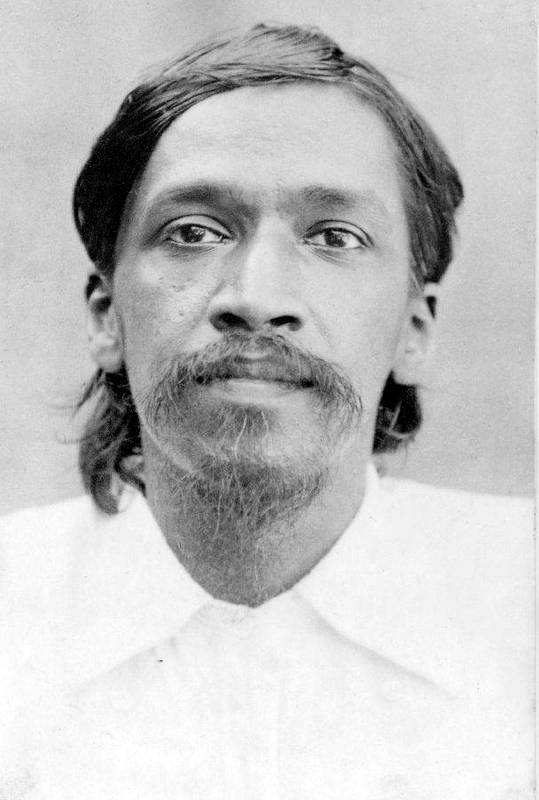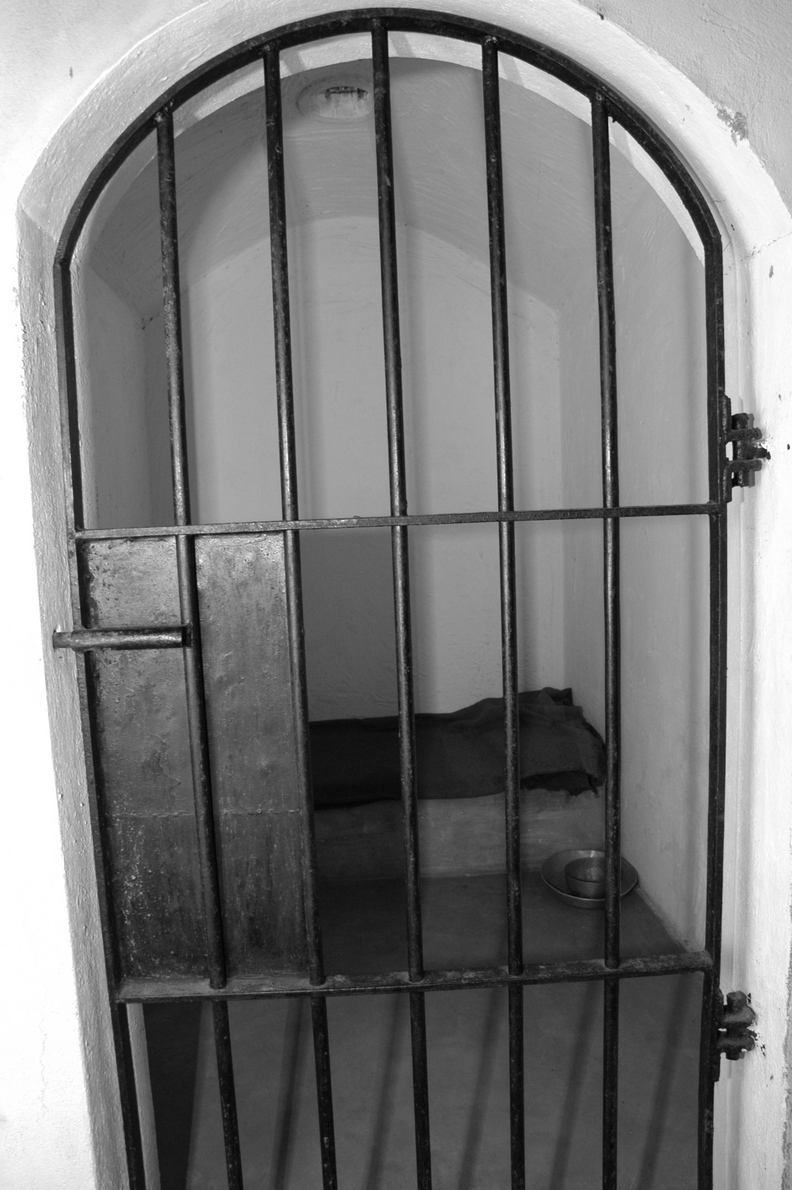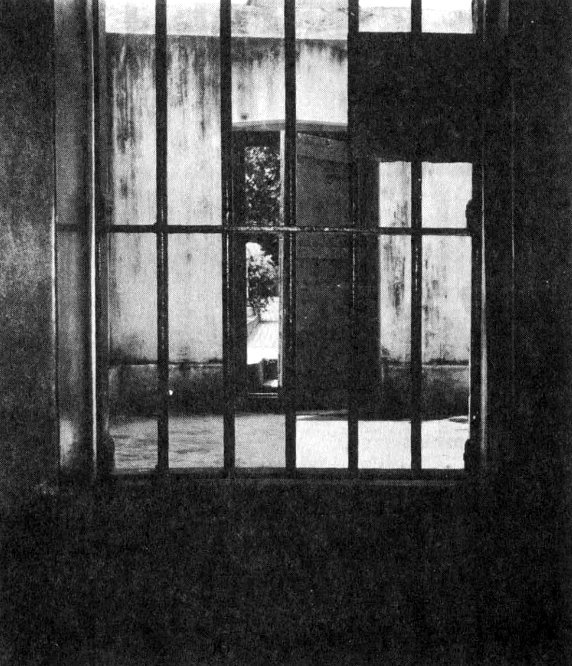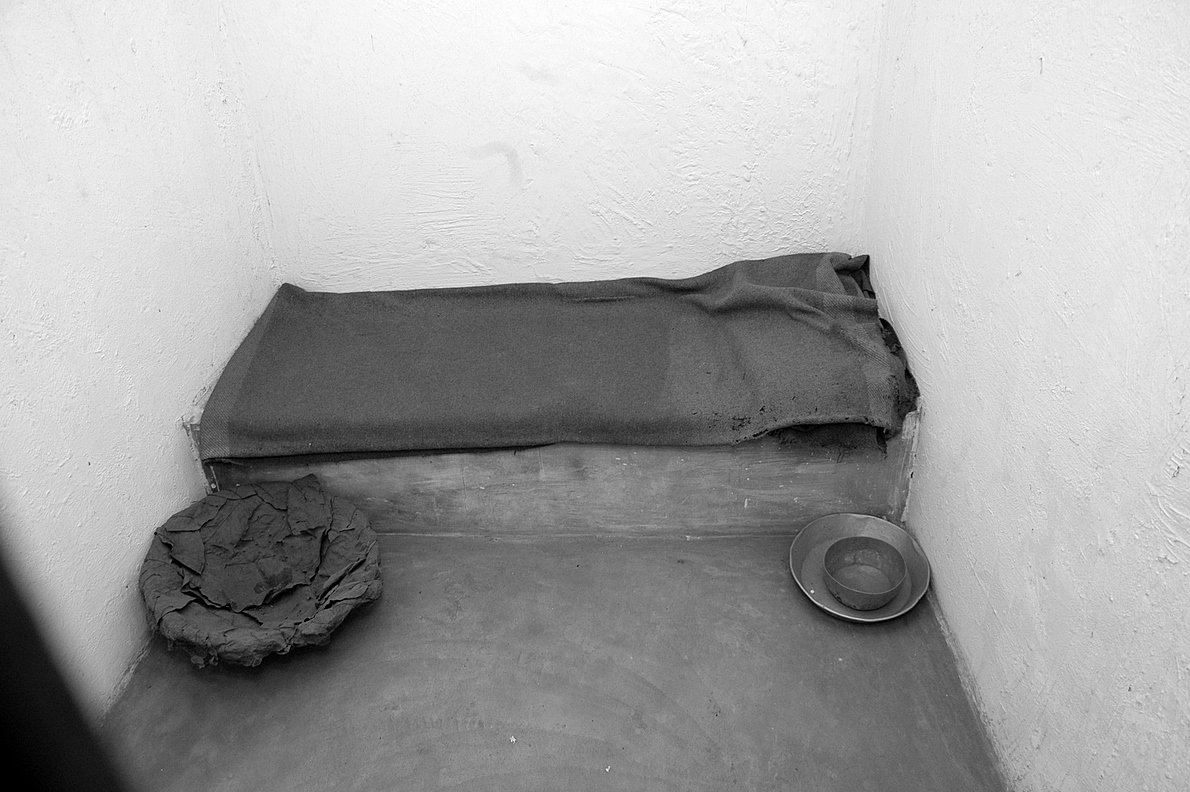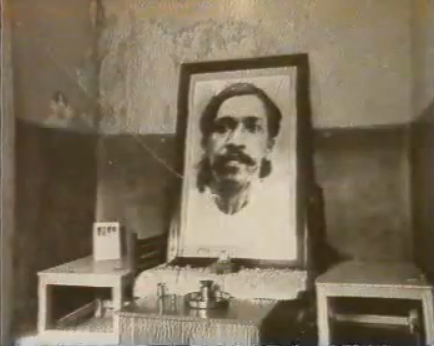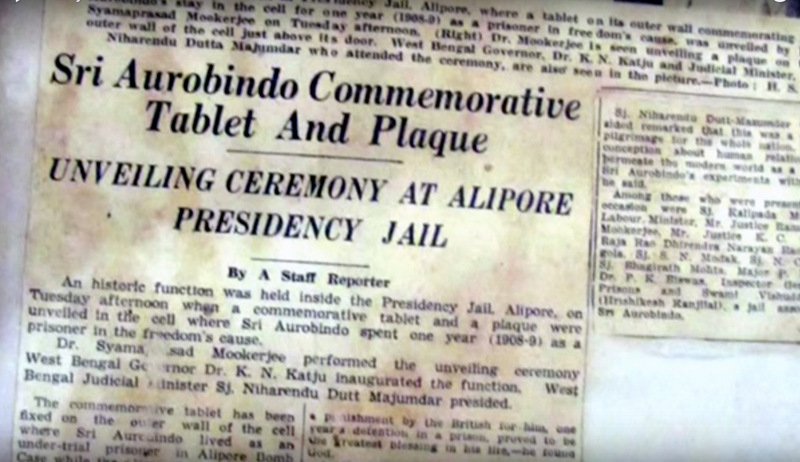Toilet in a Basket
When we were all moved into larger cells after the first phase of solitary imprisonment, the authorities arranged for a separate receptacle to aid in the act of excretion. The imposed practice with the bowl in the preceding period though had provided an unsought lesson in mastering the sense of repulsion. The arrangement for excretion in prison was as if designed with the very purpose of imparting this invaluable education.
The concept of Solitary imprisonment as punishment is based on additional restrictions on fundamental human needs by depriving one of human company or denying free access to the open skies. How could such sacred principles be violated by allowing for excretion outside the cell. Hence two tar-coated baskets were provided in the cell itself. The sweepers (mehtar) would clean the baskets in the mornings and evenings. One could get them to clean the baskets at other times too either with suitably intense exhortations or with soul-melting entreaties. Sometimes one had to yield to nature's call outside this routine. Such transgressions would necessarily be accompanied by a corresponding period of intense repentance as one had to suffer the noxious smell until the next round of cleaning.
In the second phase of solitary confinement, there were some reforms in this respect. But British reforms are in the nature of mere tweaking of the administrative aspects whilst the principles of the original system are preserved in entirety. The nature of suffering induced by such arrangements in a cramped cell especially during meals and at night hardly needs elaboration. The concept of attached toilets may be an integral part of western culture in many parts of the world. But to have one tiny cell serve as bedroom, dining-room and toilet was 'too much of a good thing'! We unfortunate Indians, with our primitive practices, are ill-at-ease in ascending to such higher realms of civilisation.
